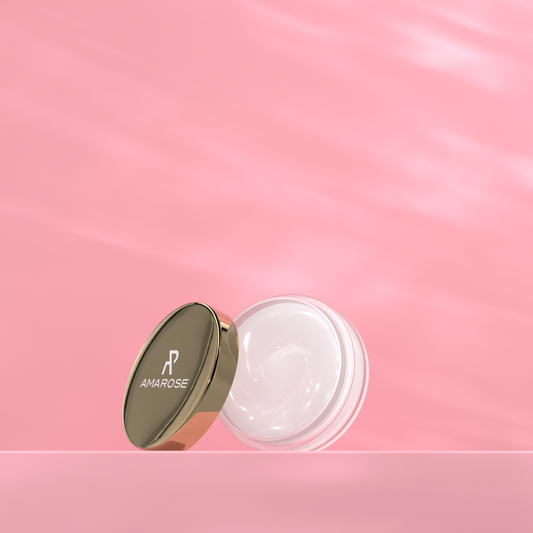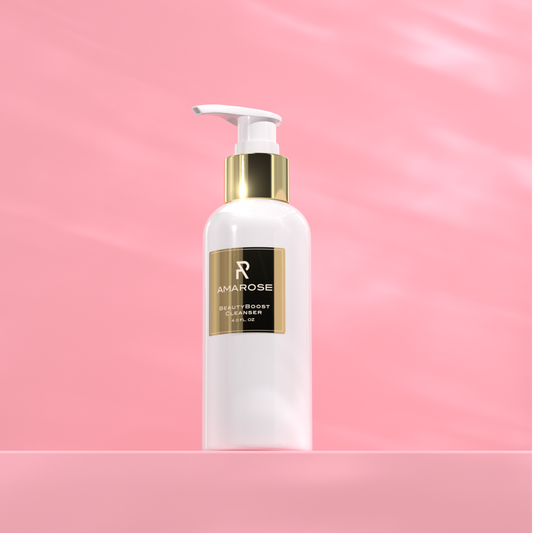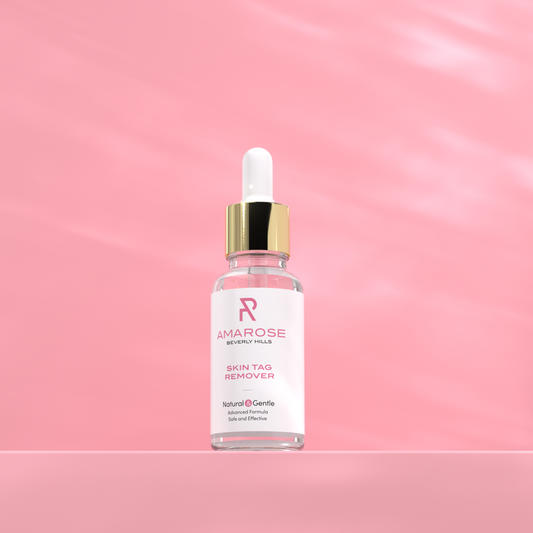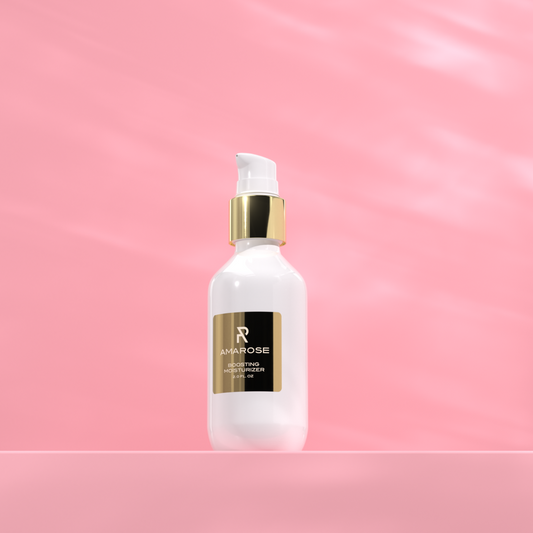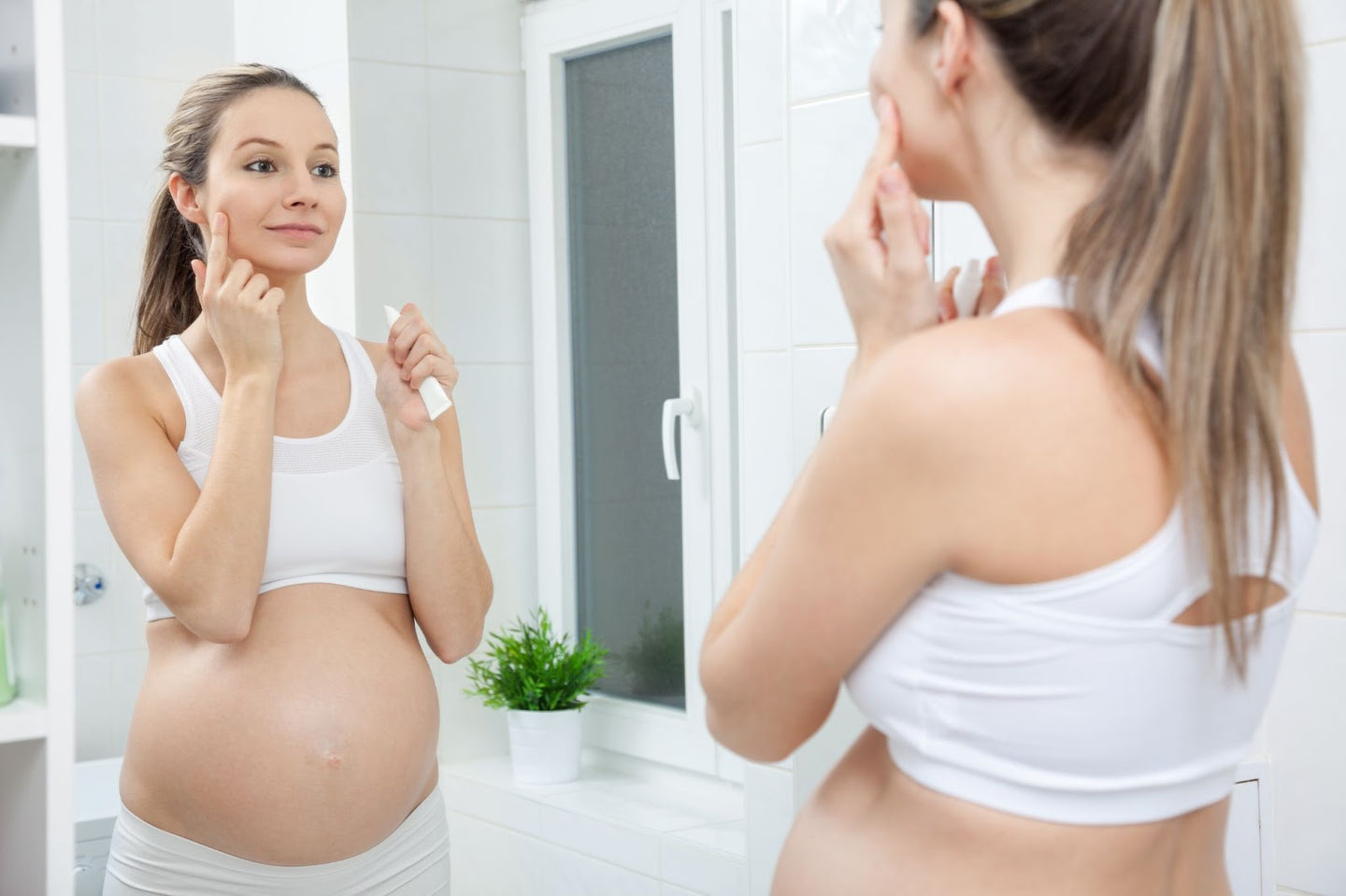

Pregnancy Acne: Causes and Solutions
Many women suffer from acne outbreaks during pregnancy. If it happens to you too, do not be alarmed, it is due to a problem caused by the hormonal imbalance of the pregnancy process. Take note of these recommendations to mitigate their effects.
When you get pregnant, a series of changes begins in your body at all levels. Your body gets to work to prepare for the arrival of the new and sweet tenant, which is quite a challenge.
Some of the processes you experience will have unexpected consequences, such as pregnancy acne. If you are affected by this condition, don't worry, it's not that you're back to adolescence. It's a frequent effect of the hormonal changes you're going through.
Why do I get pimples during pregnancy?
During pregnancy, hormone levels in your body increase. These stimulate the sebaceous glands, which begin to produce more oil than they are used to.
This is the process that causes the well-known "facial glow" attributed to pregnancy in some women, as the skin becomes oilier.
In others, on the other hand, there is a skin imbalance that leads to the appearance of uncomfortable acne.
The appearance of these disorders is unpredictable, but a higher incidence has been detected among women who have had acne outbreaks at other times in their lives, both during adolescence and adulthood, or associated with their menstrual cycles.
Pimples during pregnancy manifest in different ways depending on the individual: some women suffer from them mildly, while in others severe outbreaks occur. The most affected areas are the face, chest, and back.
When will it go away?
Pregnancy acne in the first trimester is more frequent than in the rest of the process. This is because the greatest hormonal imbalances are suffered in this first period.
As pregnancy progresses, estrogen levels are progressively regulated, so acne tends to fade. In some cases, it disappears completely, while in others it persists until the end of pregnancy. Some women have to wait until after childbirth to completely overcome the outbreak.
8 tips to reduce acne in pregnancy
- Keep your skin clean. The accumulation of dead cells blocks the hair follicles, producing the dreaded pregnancy pimples, so it's essential to keep your skin well-cleansed. Wash your face every day when you get up and before going to bed with a non-comedogenic soap suitable for oily skin.
- Always remove your makeup. If you find that your skin tends to be oily, it is best to avoid makeup. But if you do use makeup, always remove it before going to bed. The night is when the skin is best oxygenated, so it must be clean and free of impurities.
- Use oil-free products. Moisturizers, sunscreens, and make-up should be oil-free.
- Don't touch your pimples. We know it's complicated, but you should avoid it at all costs. Instead of getting rid of pimples, you can cause infection and spread the bacteria that cause them, making your acne worse.
- Hydrate properly. Drinking plenty of water will help improve the appearance of your skin, plus it's essential for the health of the mother and fetus.
- Practice a healthy lifestyle. Diet and exercise have a direct impact on the appearance of your skin. Increase the consumption of fruits, vegetables, and legumes and perform light exercises suitable for pregnant women to stimulate blood flow.
- Keep your skin clear. Try to keep your face clear, avoid letting your hair fall abundantly over your forehead (be careful with bangs), and don't touch your face too much. Many times we do it unconsciously when we are working on the computer or watching TV, transmitting the dirt from our hands to our face and worsening the situation.
- Avoid stress. Periods of anxiety and distress make acne worse. Try to avoid stress for your own and your baby's health.
- Consult your specialist. Do not use acne treatments without first consulting your specialist. Certain medications may affect the fetus.
Final Word
Acne during pregnancy occurs due to drastic hormonal changes and increased sebum production, which leads to extremely oily skin in some women.
However, this unwanted condition has no serious consequences on the health of the mother and the baby, so besides aesthetic issues, there is no other reason to worry.
Pregnancy acne outbreaks are mostly visible in the first trimester when the greatest hormonal changes happen, and then they slow down.
Cleansing the skin twice a day with products for oily skin is one of the best things to do for pregnancy acne control. However, the skin will come to its normal state after childbirth, so unless the outbreaks are severe and painful, there is no need to worry.
If you suffer from acne during pregnancy, do not worry, it is something temporary that will eventually resolve. And most importantly, do not let it prevent you from enjoying 100% of this precious stage of your life.
